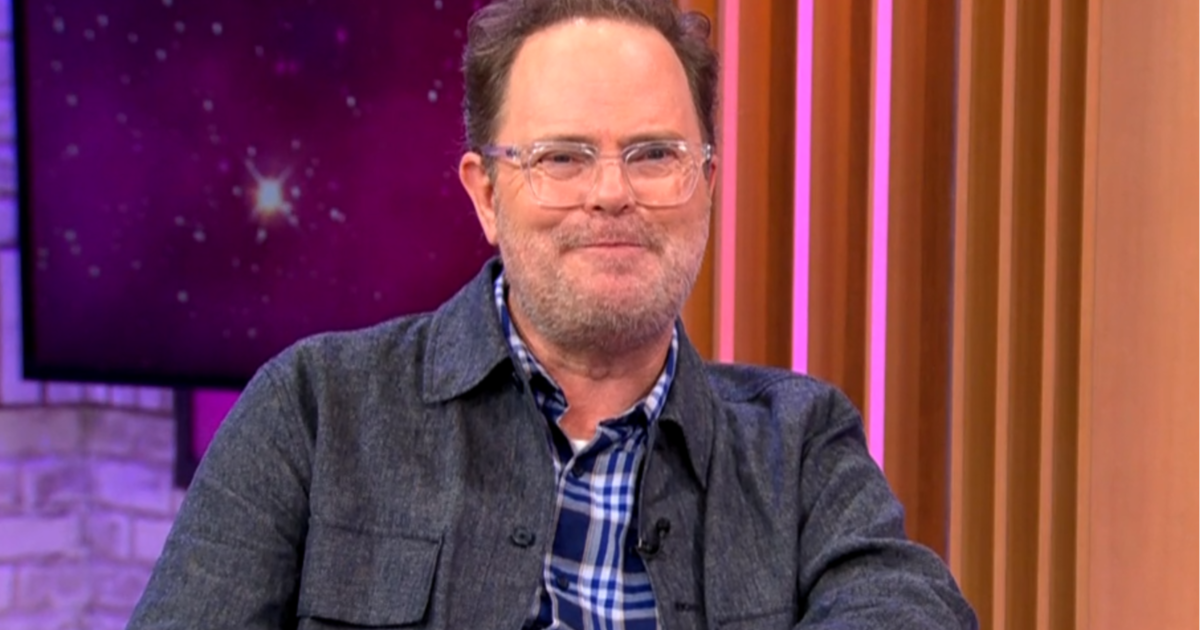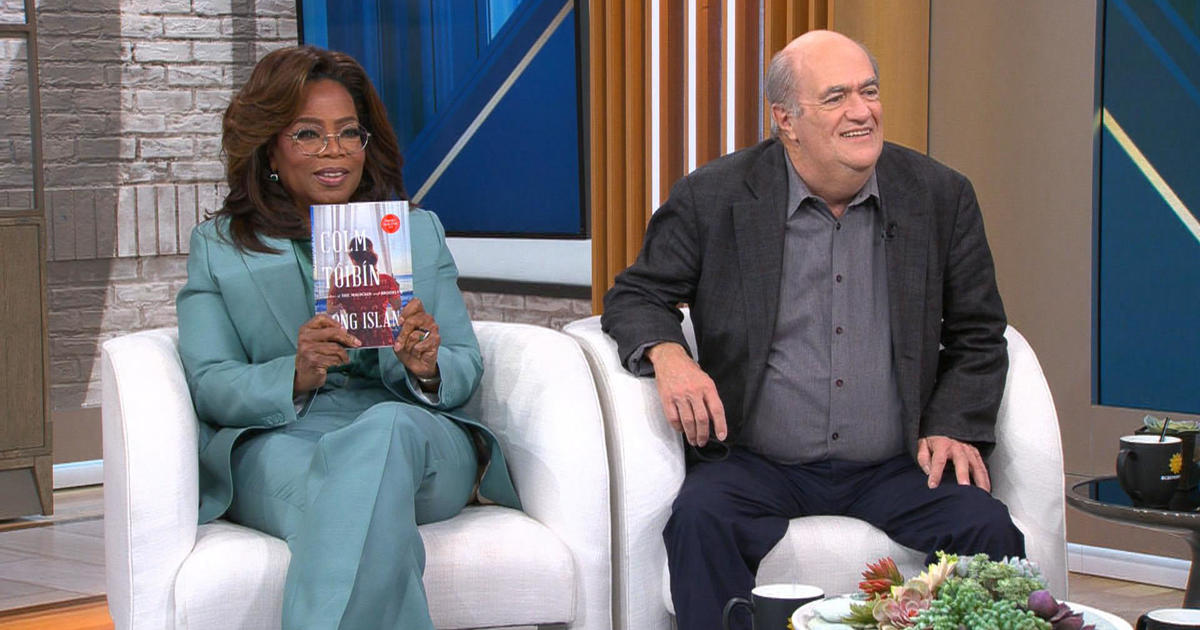Is "slow love" the key to a lasting relationship?
On this Valentine's Day, new research shows a revolution is in the works when it comes to finding love that lasts. The concept is called "slow love." "Marriage used to be the beginning of a relationship. Now it's the finale," biological anthropologist Helen Fisher said Thursday on "CBS This Morning."
In her annual study with Match.com, Fisher saw signs of a new approach to the courtship process. From a national sample of more than 35,000 single adults, 66 percent said they've had one-night stands, 54 percent have had uncommitted friends-with-benefits relationships, and 56 percent said they've lived together with a partner before marriage.
"What's really happening is we're seeing an extension of the pre-commitment stage of love," Fisher said. "And Americans seem to think that this is reckless, and it began to occur to me it's caution. These people want to know every single thing about a person before they tie the knot."
"One of the main strategies is they first start out with just friends. And then they move into friends with benefits. Don't tell anybody. Secretive. Non-committal. And then have the official first date," she added.
Fisher said singles today are "terrified of divorce" and want to make a solid partnership.
"So I began to think, with this long pre-commitment stage, maybe you're learning a lot, you're getting rid of what you don't want, so that by the time you walk down the aisle, you got what you want. You can keep what you want," she said.
Fisher has also done research with people who have been married for an average of 21 years. She said through brain scans, she was able to see three parts of the brain that become active in a long-term and happy marriage: "[A] brain region linked with empathy, a brain region linked with controlling your own stress and your own emotions, and a brain region linked with overlooking the negative and focusing on the positive. What we call the positive illusions."



